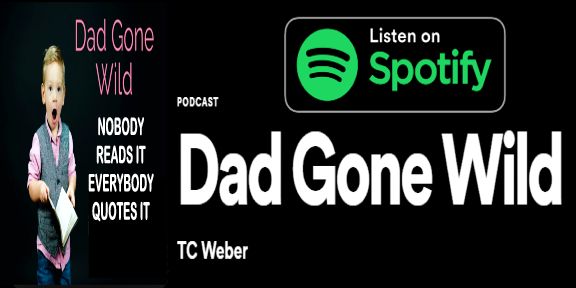Officer Who Fatally Shot Daunte Wright With ‘Accidental Discharge’ Is Identified
The police officer said to have fatally shot Daunte Wright, a 20-year-old Black man killed in what started as a traffic stop on Sunday, has been identified as Kim Potter.
The Minnesota Department of Public Safety Bureau of Criminal Apprehension in a statement on Monday evening described Potter as a 26-year veteran of the Brooklyn Center, Minn., Police Department, now on administrative leave.
The department offered no other details about Potter’s career, saying, “Further personnel data are not public from the BCA under Minnesota law during an active investigation.”
However, a report from the Hennepin County Attorney’s Office dated Aug. 5, 2020, indicates that at the time Potter also served as the Brooklyn Center Police Union president.
Police officials called Wright’s death the result of an “accidental discharge” of a gun by a police officer.
OFFICER WHO FATALLY SHOT DAUNTE WRIGHT WITH ‘ACCIDENTAL DISCHARGE’ IS IDENTIFIED, BECKY SULLIVAN AND VANESSA ROMO
OPINION: To Lessen Police Violence, Remove Cops From Traffic Stops
The largest predictor of police violence in America is not poor training, lack of discipline, or militarization. The largest predictor is simply contact with the police — and the most common contact Americans have with police is traffic stops. There are at least 20 million traffic stops per year in the United States. Racial bias pervades traffic enforcement, enabled by its largely discretionary nature; there are more drivers speeding and violating other traffic laws than police have the capacity to pull over and ticket, so who are police disproportionately targeting? People of color.
TO LESSEN POLICE VIOLENCE, REMOVE COPS FROM TRAFFIC STOPS, ALESSANDRA BIAGGI
Inside 100 million police traffic stops: CONTINUE READING: De-Gun the Police: A Reader – radical eyes for equity


























